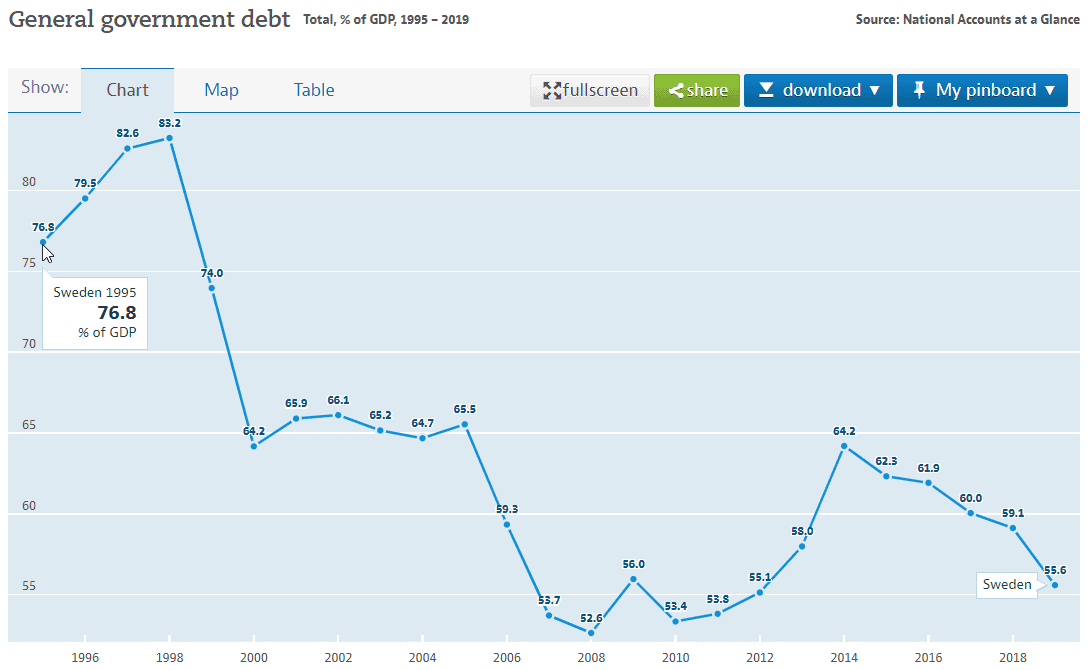Well, yeah - that's the same thing on a credit card. And banks just want the minimum payment (extra payment is not required, but desired). And since we pay our debt to the central banks of the world, they will be using the same yardstick. And when you can't pay the minimum balance, you default.
That said, you and I seem to see things differently -- you are concerned that the debt still has a concrete number. And yes, you can look at the number provided by the Treasury and say, "That's the amount we owe." I'm arguing the opposite, which is that nations will be happy regardless of what number you have as long as you can pay them. Put differently, from a bookkeeping perspective, yes, we do need that number in case one day we actually do manage to turn the balance sheet around. But as a matter of pragmatism, as long as you pay your creditors, that number doesn't matter. They will gladly take the United States' money because it builds their dollar reserves.


